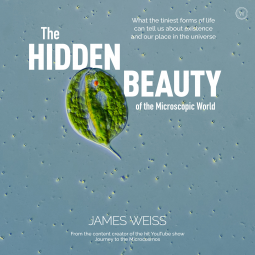Why We Forget and How To Remember Better: The Science Behind Memory, written by Andrew E. Budson, MD and Elizabeth A. Kensinger, PhD, and narrated by Elise Arsenault shows you how to use these answers to improve your memory. You will learn: how memory's most important function isn't to help you remember details from your past; how memory is actually a collection of different abilities; how you create, store, and retrieve memories of your daily life; ways to control what you remember and what you forget; ways to distinguish between a true and false memory; effective ways to study for an exam; how to remember people's names, all your passwords, fifty digits of Pi, and anything else you wish; how memory changes in normal aging, Alzheimer's disease, depression, anxiety, PTSD, ADHD, and other disorders—including COVID brain fog; and how exercise, nutrition, alcohol, cannabis, sleep, mindfulness, and music affect your memory.
Why We Forget and How To Remember Better is a well written, researched, and narrated audiobook. I liked that the authors put their recommendations and research based finding into use in the format of the book, using the small chunks and repetition that they suggest for aiding forming lasting memory into the structure and flow of the book. I wish this book had been out when I was still in school, maybe I would have studied in a different way and still remember some the language and math details that might come in handy. Most of the book was very practical and informational, and I was glad to learn some of how memory works and changes I can make to better remember names and little things that often slip away. I thought the text was easy to follow and I thought the narrator did a good job with the read. Some of the book was a little beyond my interest level, but could be very interesting and helpful to others. Schemas for mnemonic and other tools were more advanced than anything I was looking for but I liked that they actually noted that these tools were not for everyone and put them at the end of the book as such for those that had interest in learning more about them and how to put them into practice.



